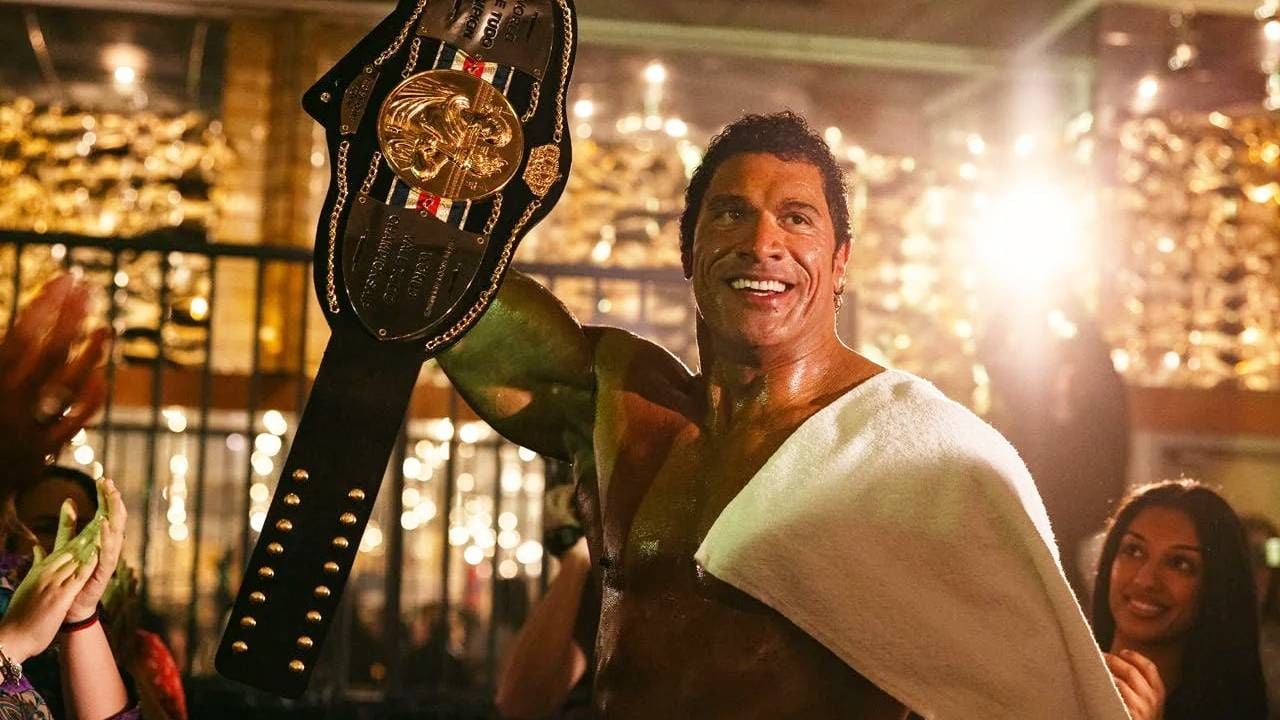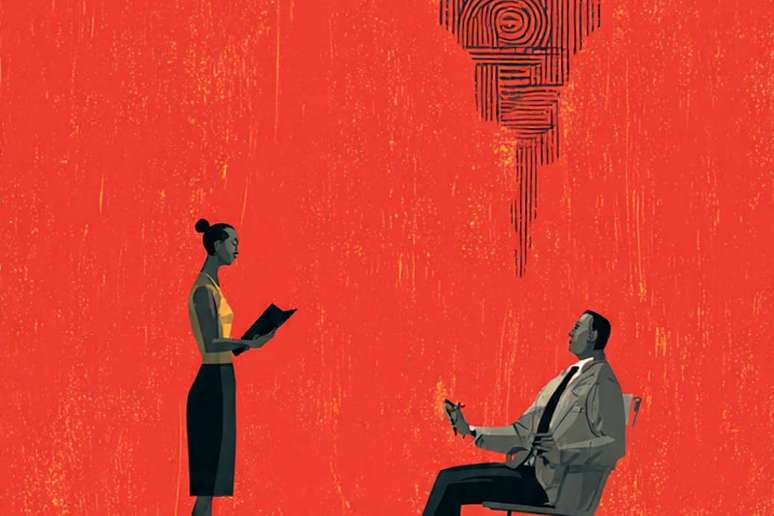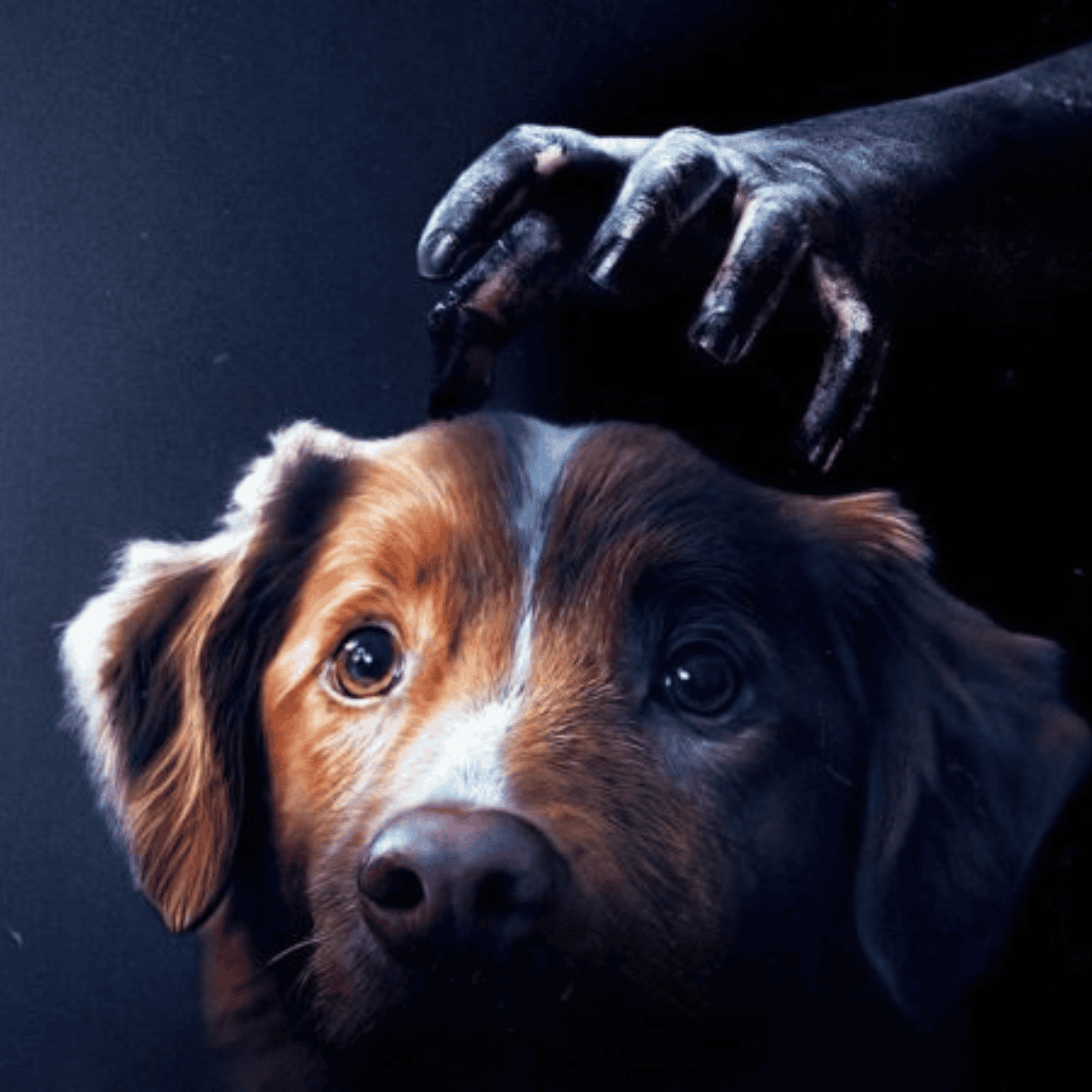Their presidential candidate narrowly escaped an assassination attempt on Saturday, a bullet grazing his ear from an AR-15-style semi-automatic weapon, a rifle often used by mass shooters in the United States.
Yet in interviews with 12 of Donald Trump’s delegates to the Republican Party nominating convention in Milwaukee, none of them supported limits or bans on assault rifles, raising the legal age to buy a gun, or even more extensive background checks.
The delegates are completely opposed to any kind of reform of U.S. gun laws.
The majority viewed even mild measures, including expanding background checks or raising the legal age to purchase an assault weapon to 21, as violations of the Second Amendment to the U.S. Constitution, which gives citizens the right to bear arms.
Instead, delegates said any gun reform should focus on funding mental health support for struggling citizens, a standard Republican position. They blame gun crimes and massacres — including Trump’s attempted assassination — largely on mental illness and guns falling into the wrong hands.
U.S. law enforcement officials are still trying to determine why Thomas Matthew Crooks, a 20-year-old nursing assistant, shot Trump at a campaign rally in Pennsylvania on Saturday. Crooks was shot and killed in the attack, which the FBI said was being investigated as a possible domestic terrorism attack.
More effective mental health services are critical to identifying potential shooters and getting them help before they commit a gun crime, lawmakers interviewed said.
“It’s all about mental health,” said Will Boone, a delegate from Montana. “The right to bear arms is enshrined in the Constitution. When that right starts to be violated, other rights start to be taken away.”
Georgia’s Steve Kramer said it was a “lie” that expanding background checks would help.
“If you look at most homicides, someone stole the gun, so a background check wouldn’t make a difference,” Kramer said.
Between 1966 and 2019, with the exception of school shooters who stole guns primarily from family members, most people who committed mass shootings purchased their guns legally, according to data compiled by the National Institute of Justice, a research arm of the Justice Department.
According to investigators, the gun used by Trump’s alleged assassin was owned by his father.
The Republican Party has generally blocked attempts to reform gun laws, even after the 2012 massacre of 20 elementary school children in Connecticut by a gunman armed with an AR-15 assault weapon and two pistols.
Efforts to pass universal background checks and an assault weapons ban were defeated by Republicans in the U.S. Senate after this school massacre.
During his 2017-2021 term, Trump made multiple attempts to loosen gun laws, said Kris Brown, president of Brady: United Against Gun Violence.
Shortly after taking office, he signed into law a bill that overturned an Obama-era regulation that made it harder for people with mental illnesses to buy guns.
Matthew Rust, a Wisconsin congressman, said he believes an armed population is a deterrent to shooters. “When a criminal knows that there may be law-abiding citizens who can defend themselves, they are less likely to act,” Rust said.
Source: Terra
Rose James is a Gossipify movie and series reviewer known for her in-depth analysis and unique perspective on the latest releases. With a background in film studies, she provides engaging and informative reviews, and keeps readers up to date with industry trends and emerging talents.




![It All Begins Here: What’s in store for Tuesday, November 4, 2025 Episode 1299 [SPOILERS] It All Begins Here: What’s in store for Tuesday, November 4, 2025 Episode 1299 [SPOILERS]](https://fr.web.img6.acsta.net/img/04/37/04370e2b27de1bab0fc2e0f1f26bd36e.jpg)

